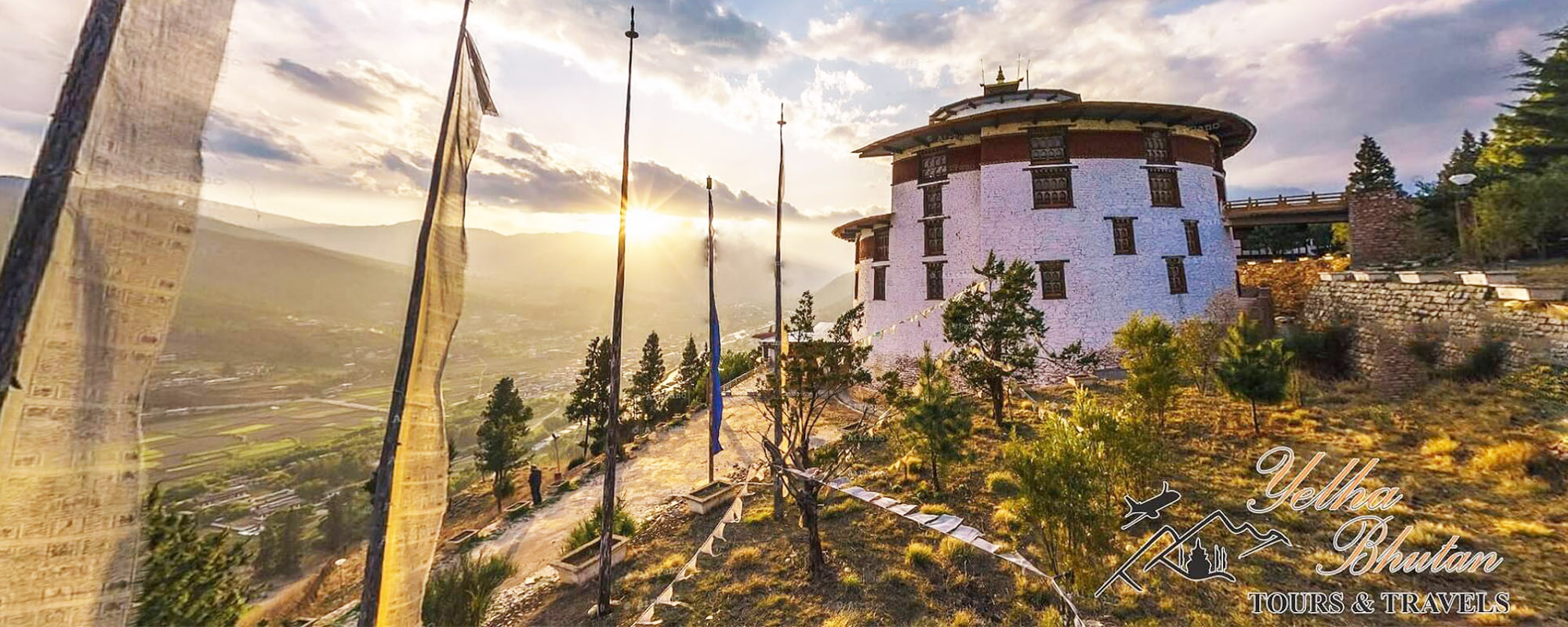
Kingdom of Bhutan: Bhutan is a landlocked country with a population of about 700,000 located at the eastern tip of the Himalayas Mountain Range. The country is known for its commitment to a fundamental concept of increasing the population’s Gross National Happiness (GNH).
The concept aims to create a society that peoples can live with feeling happiness not only focusing on economic growth.

Gross National Happiness, or GNH, is a holistic and sustainable approach to development, which balances material and non-material values with the conviction that humans want to search for happiness. The objective of GNH is to achieve a balanced development in all the facets of life that are essential; for our happiness.
We are in the age of the Anthropocene when the fate of the planet and all life is within the power of mankind. Boundless consumerism, widening socio-economic inequality and instability is causing rapid natura resource depletion and degradation. Climate change, species extinction, multiple crises, growing insecurity, instability and conflicts are not only diminishing our well-being but are also threatening our very survival.
Since its inception a decade ago, the census has been taken three times, with the last one in 2015. Over five months, 7,153 Bhutanese were interviewed across the country and it was concluded that GNH has grown significantly from 0.743 in 2010 to 0.756 in 2015, showing “overall people’s lives are getting better” and that “a total of 91.2 per cent of Bhutanese were narrowly, extensively, or deeply happy” (GNH Survey Report).
The concept of Gross National Happiness (GNH) was promulgated by His Majesty Jigme Singye Wangchuck, the Fourth King of Bhutan in the early 1970s. When His Majesty spoke about GNH at the time, he questioned the prevailing measurement system that Gross Domestic Product (GDP) alone could deliver happiness and well-being to society. He was still a teenage monarch, and wise beyond his years.
His Majesty firmly believed that happiness is an indicator, and a sign of progressive development for the Bhutanese people. He also believed in the legitimacy of public discussion in defining Bhutan’s development goals.
Country for the people : Bhutan offers all of its citizens free education and free health care. Villagers get much of their electricity at no cost.free lands are provided to citizen for farming.
Health care, if citizens are seriously sick then helicopters airlifts are provided and also when the biggest hospital in Thimphu (capital) cannot treat the sick patients, the patients are flown to the biggest hospitals in Asia ( India, Bangkok, Singapore ) and al expenses are paid by Bhutan Government and also 1 relatives of patient are full sponsored for the trip.
There are no homeless or beggars in Bhutan, if a person is homeless he get free home and land which is constructed by the armed forces, citizens, neighbors and all assistants provided by His Majesty relief fund. The homeless or elderly person are also paid monthly stipends by the government.
Free Education for all, the constitution of Bhutan provides everyone free basic education for every Bhutanese child from pre-primary to class 12. No tuition fees are charged and rural children receive free stationery and textbooks, but education can still be costly for parents because of the opportunity costs and lack of cash income.